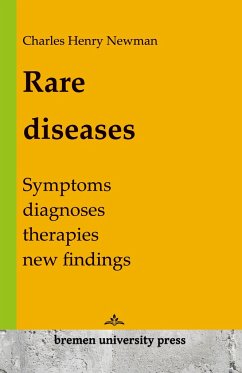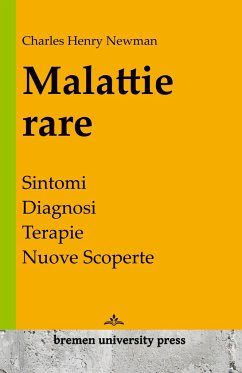This book provides a comprehensive and detailed introduction to the world of rare diseases, beginning with an explanation of what constitutes rare diseases, followed by a discussion of their classification, the central role of genetics, and the variety of genetic mutations and disorders that can lead to rare diseases. It emphasises the importance of genetic research for the diagnosis and treatment of these diseases, with a particular focus on advanced techniques such as whole genome sequencing (WGS) and whole exome sequencing (WES), as well as targeted therapeutic approaches that offer hope for affected individuals and their families. More than 50 specific rare diseases are described in detail, including cystic fibrosis, Duchenne muscular dystrophy, Ehlers-Danlos syndromes and many others, with modern diagnosis and treatment options outlined in each case. Special emphasis is placed on the current state of research and development of new therapies, including genome sequencing, gene therapy, biotechnology, RNA-based therapies, CRISPR/Cas9 and gene editing, stem cell therapy, and small molecules and targeted drugs. The book also covers the role of artificial intelligence and machine learning in identifying new targets and predicting the efficacy of therapies. The book concludes with a look at living with a rare disease, including the impact on family, education and career, as well as strategies for coping with everyday life. It addresses the importance of palliative care, quality of life, support networks and self-help groups, and how to deal with isolation and stigmatisation. Finally, it discusses legal and political initiatives on rare diseases as well as social security and financial support.
Hinweis: Dieser Artikel kann nur an eine deutsche Lieferadresse ausgeliefert werden.
Hinweis: Dieser Artikel kann nur an eine deutsche Lieferadresse ausgeliefert werden.








